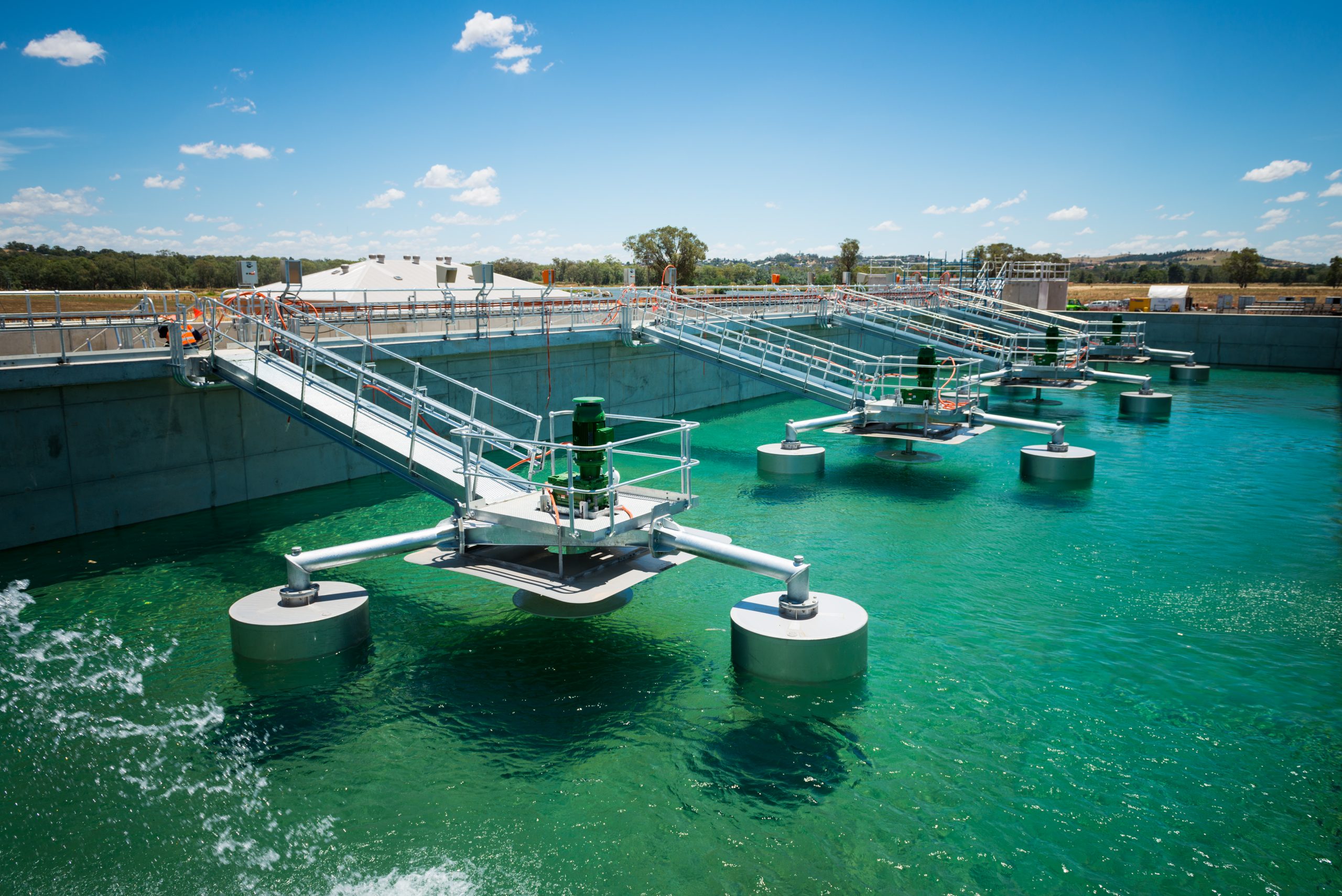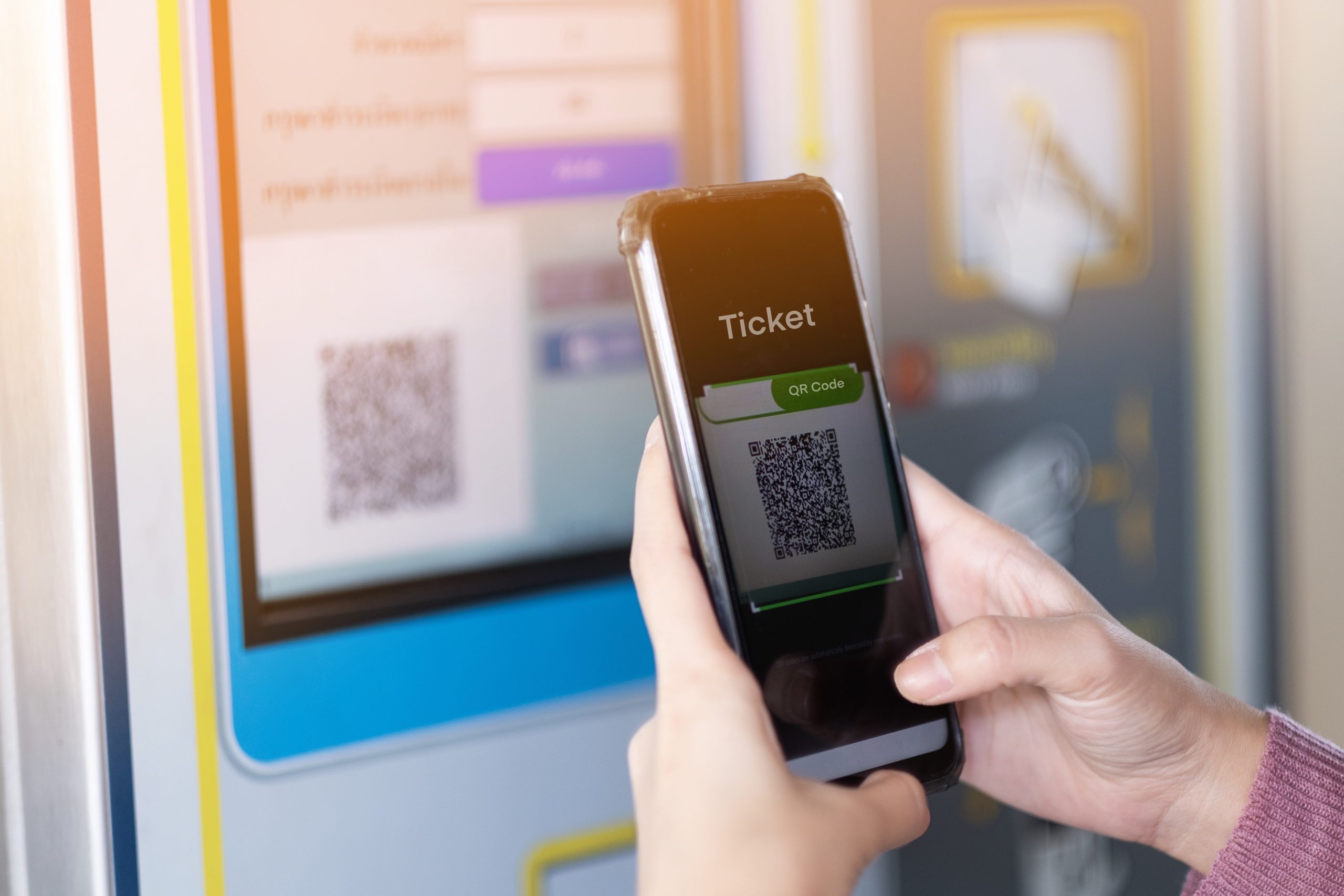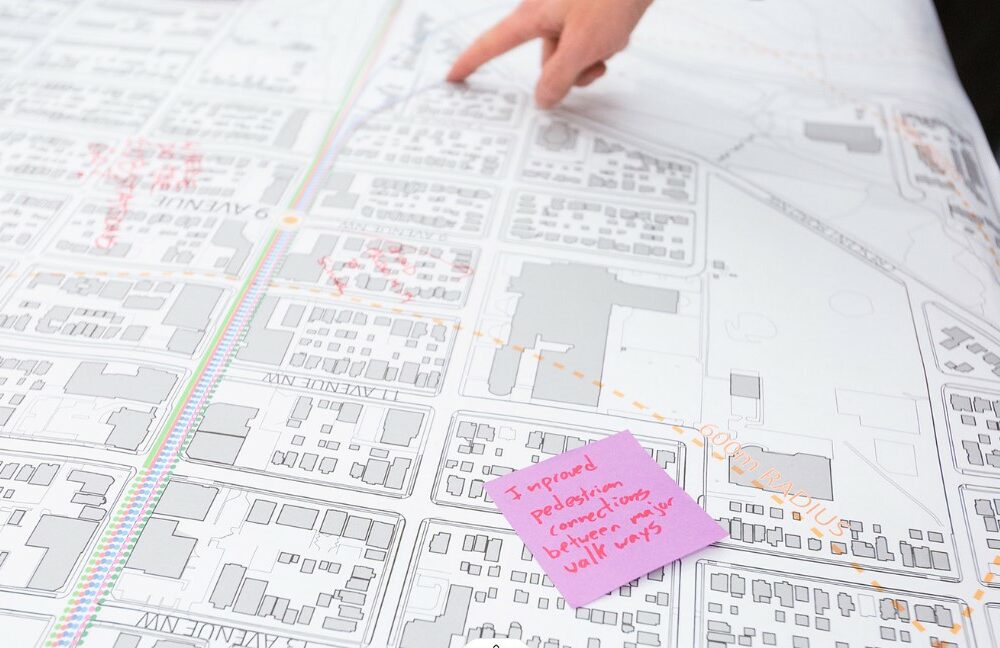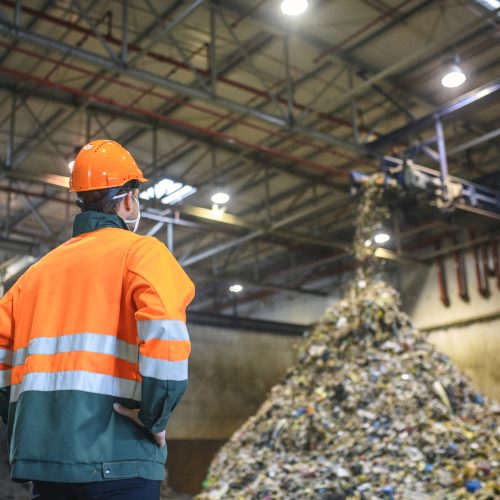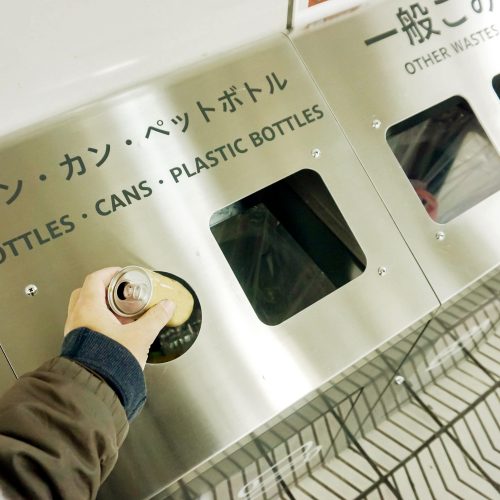Acknowledgements
We would like to express special appreciation to Dr. Leo Chen-Yu Lee (Taipei Smart City Project Management Office Director), Mr. Charles Lin (Kaohsiung City Deputy Mayor), and Ms. Hanyu Liu (Hao-Yang Environment Ltd. CEO), for their contribution to the preparation of this case study.
Background
The Taipei City Policy Generation Mechanisms is a process that involves the participation of citizens, government officials, and experts to develop and implement policies that address the city’s most pressing challenges. The process begins with the identification of problems and opportunities through citizen engagement, data analysis, and research. Once problems and opportunities have been identified, potential solutions are developed and evaluated. The most promising solutions are then implemented and monitored.
The Policy Generation Mechanisms is based on the following principles:
- Citizen participation: Citizens are the primary stakeholders in the city policy process. They have the right to be involved in the development and implementation of policies that affect their lives.
- Data driven decision–making: Data is used to identify problems and opportunities, develop and evaluate potential solutions, and monitor the implementation of policies.
- Evidence–based policy making: Policies are based on the best available evidence, including research findings, expert opinions, and citizen feedback.
- Transparency and accountability: The policy generation process is transparent and accountable. Citizens have the right to know how policies are developed and implemented, and to hold government officials accountable for their results.
The process of the Taipei Policy Generation Mechanisms begins with the identification of problems and opportunities through citizens engagement, data analysis, and research. Once problems and opportunities have been identified, potential solutions are developed and evaluated. The most promising solutions are then implemented and monitored.
Implementation
The Taipei City Government’s involvement in iTrash is an example of how the city is using technology to address its challenges and improve the lives of its residents.
iTrash is a company that provides digital trash collection services and its machines are located in convenient locations throughout the country, and allow residents to recycle plastic bottles and aluminium cans 24 hours a day. iTrash has been praised for its convenience and for its role in promoting recycling, winning numerous awards for its innovation and environmental contributions.
The Taipei City Government has been involved in the development and implementation of iTrash’s smart trash collection service, providing the company with a grant to help and pilot its technology. The city also worked with the company to identify suitable locations for its collection devices.
The Taipei City Government’s involvement in iTrash is part of its Smart City Project Management Office (TMPO), which is responsible for overseeing the implementation of the city’s smart initiatives. The TMPO works with a variety of stakeholders, including business, citizens, and government agencies, to develop and implement smart city solutions.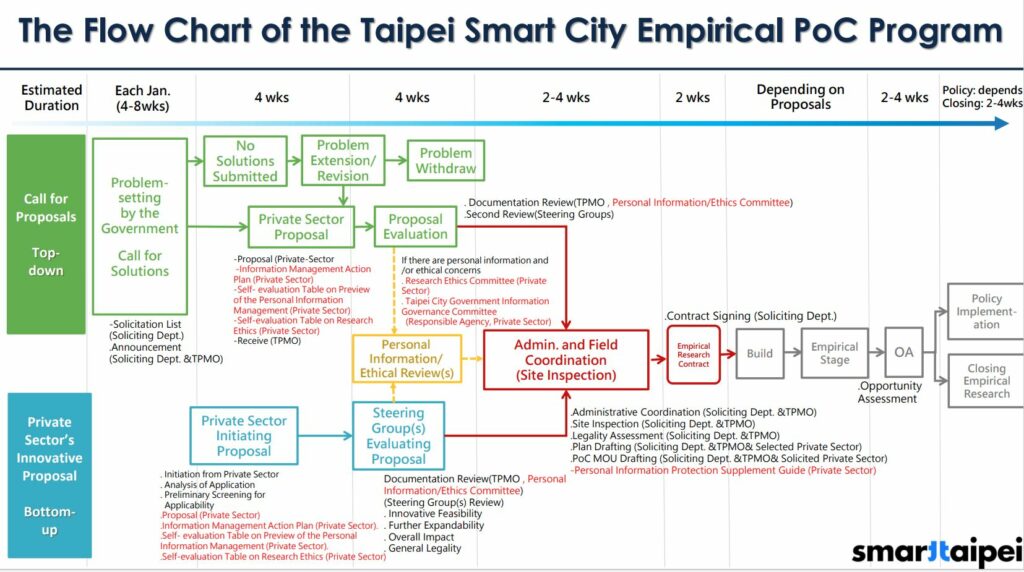
Results and Lessons learned
Cities need to have both policies and a proactive approach to market and opportunity. Policies provide a framework for action and help to ensure that the city’s resources are used in a coordinate and effective manner.
A proactive approach to market and opportunity allows the city to take advantage of new opportunities and to address challenges as they arise. It is also imperative for city governments that gather data from public spaces to make it accessible to the broad public.



